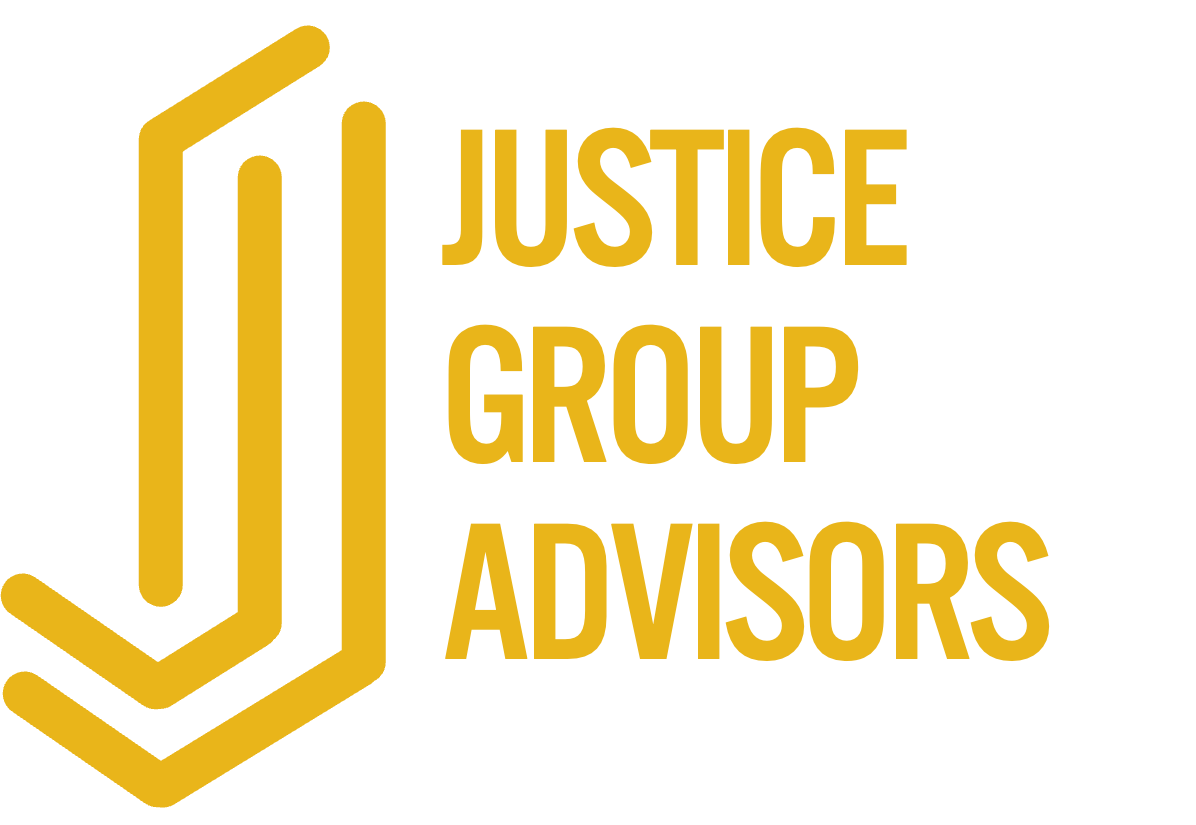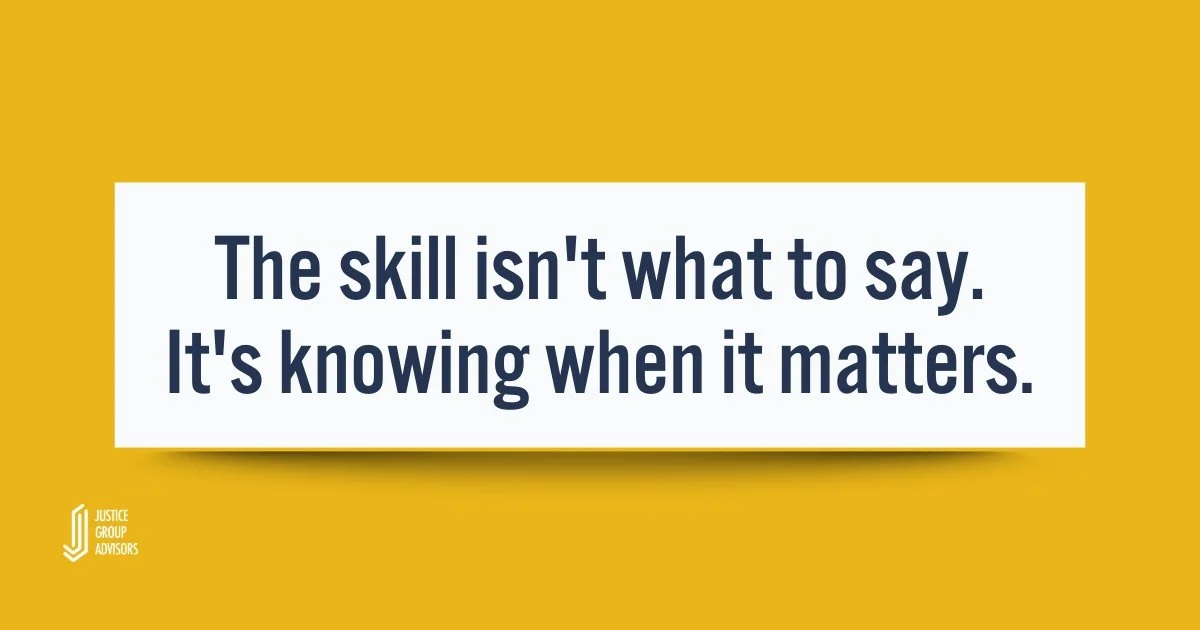What to Do When Feedback Feels Unfair
You’re leading well—but one piece of feedback threatens your confidence. Here’s how to respond without losing your edge.
You’re hitting your goals. Your team is thriving. You’re proud of what you’ve built.
Then—unexpectedly—a piece of feedback lands.
It doesn’t reflect the results. It doesn’t echo what your team says. It doesn’t feel fair.
And yet, it lingers.
Not because it’s true—but because it touches something deeper: the gap between how you see yourself and how others might not.
That’s why unfair feedback hits harder than it should.
It doesn’t just question your performance. It disrupts your identity.
This isn’t just about confidence. It’s about credibility. And what you do next will shape both.
Why Unfair Feedback Cuts So Deep
It’s not just the criticism. It’s the contradiction.
You’ve put in the work. You’ve made the hard calls. You’ve seen the impact.
So when someone questions that—it doesn’t just sting your ego.
It stirs the deeper question: Am I being seen? Am I being valued?
That’s what makes unfair feedback so destabilizing. It’s not just inaccurate. It’s disorienting.
But here’s the good news: unfair feedback doesn’t have to derail you. In fact, it can sharpen you.
🎧 Just-in-Time Coaching Clip
Listen to this right after you receive unfair feedback.
You don’t have to agree with it—but this will help you process it with clarity instead of reactivity.
The Feedback Friction Framework
Five ways to turn unfair feedback into strategic advantage:
1. Pause Before You React – Diagnose What’s Really Going On
Your first instinct might be to push back, defend, explain.
Don’t.
Instead, pause. Ask:
Is this feedback based on facts—or feelings?
Is it about what I did—or how I came across?
Is this personal, political, or part of a pattern?
Clarity starts with curiosity. The goal isn’t agreement. It’s understanding.
2. Reframe It – Find the Hidden Clue
You don’t have to accept unfair feedback to extract insight.
Even flawed feedback reveals two things:
How others experience you
What matters to them
Ask:
What’s the gap between my intent and their interpretation?
What does this reveal about their priorities, values, or pressures?
Sometimes the feedback isn’t about you—it’s about them. Knowing that gives you leverage.
3. Zoom Out – See the Full Picture
Your credibility doesn’t live in one comment. It lives in context.
The strongest leaders tend to all three dimensions:
Performance – Results delivered.
Perception – Value understood.
Politics – Power dynamics navigated.
Ignore any one, and your influence is incomplete. Understand all three, and you start to lead with foresight.
4. Shift from Mirroring to Framing
When feedback is sharp, it’s tempting to mirror the energy: Defensive. Dismissive. Distant.
Don’t mirror—frame.
Ask:
What does this person need—clarity, connection, or context?
What tone will move us forward?
You’re not here to match energy. You’re here to model it.
5. Normalize It – Then Redirect the Energy
As you step into more senior roles, feedback changes.
It becomes less about tasks—and more about tone, presence, and perception.
It’s not necessarily less fair.
But it is more filtered through interpretation, expectations, and agendas.
That’s why it can feel unfair, even when it’s well-intended.
Reframe the moment:
This doesn’t mean I’m wrong. It means I’m under more lenses.
I don’t need to absorb everything. I can translate what matters.
I don’t need to chase approval. I need to lead with clarity.
Then redirect the energy:
From rumination to action.
From ego to information.
From offense to opportunity.
Bottom Line: Unfair Feedback Will Come. What You Do Next Is What Matters.
You don’t just take feedback. You translate it.
You filter what’s useful. You discard what’s not. And you move forward stronger, not smaller.
These moments? They don’t define you.
But they do reveal you.
And when handled well, they refine you.
TRY THIS NOW
Think of one piece of feedback that felt unfair—but stuck with you.
Walk it through the Feedback Friction Framework:
Pause – What’s really going on?
Reframe – What might be useful?
Zoom Out – What system are you in?
Frame – How will you lead this moment?
Redirect – What’s your next move?
You may not control the feedback. But you always control the frame. And that’s where real leadership begins.





You've mastered the science and built a high-performing R&D team. So when that VP role appears, it feels like the natural next step. But the skills that made you successful in R&D can quietly undermine you in senior management—here's why.